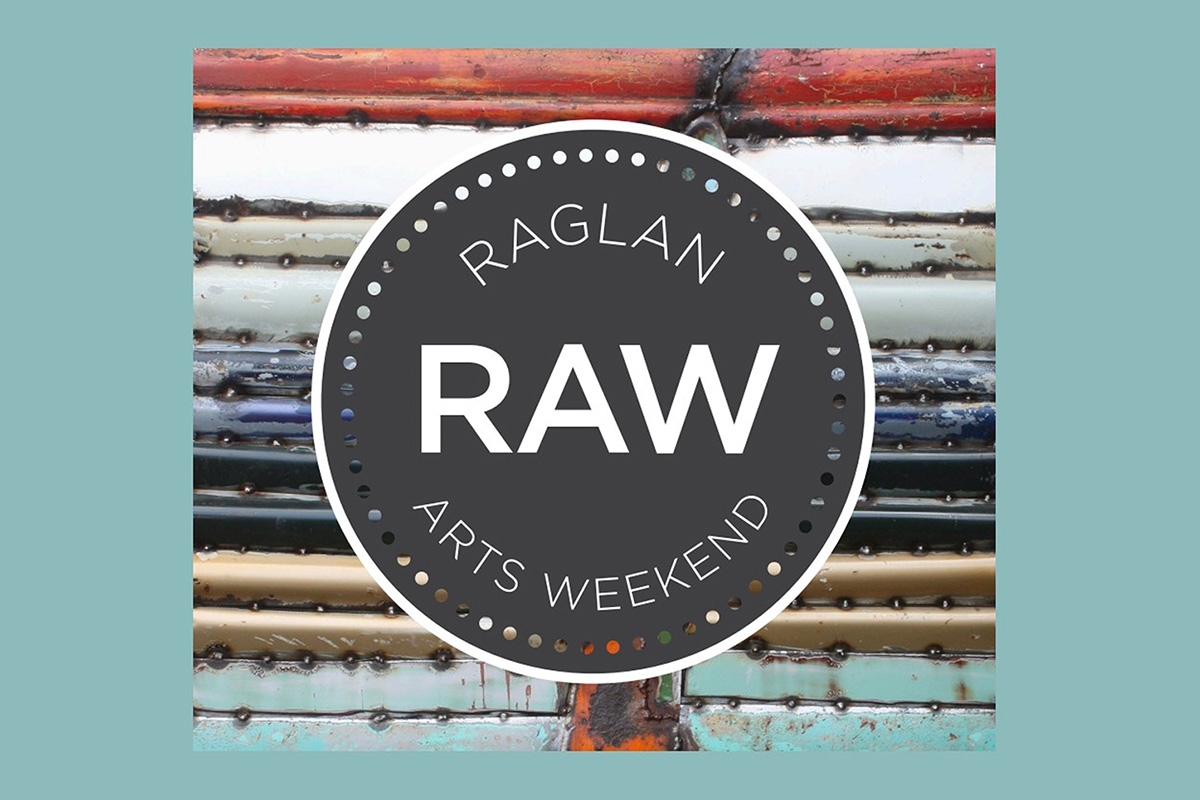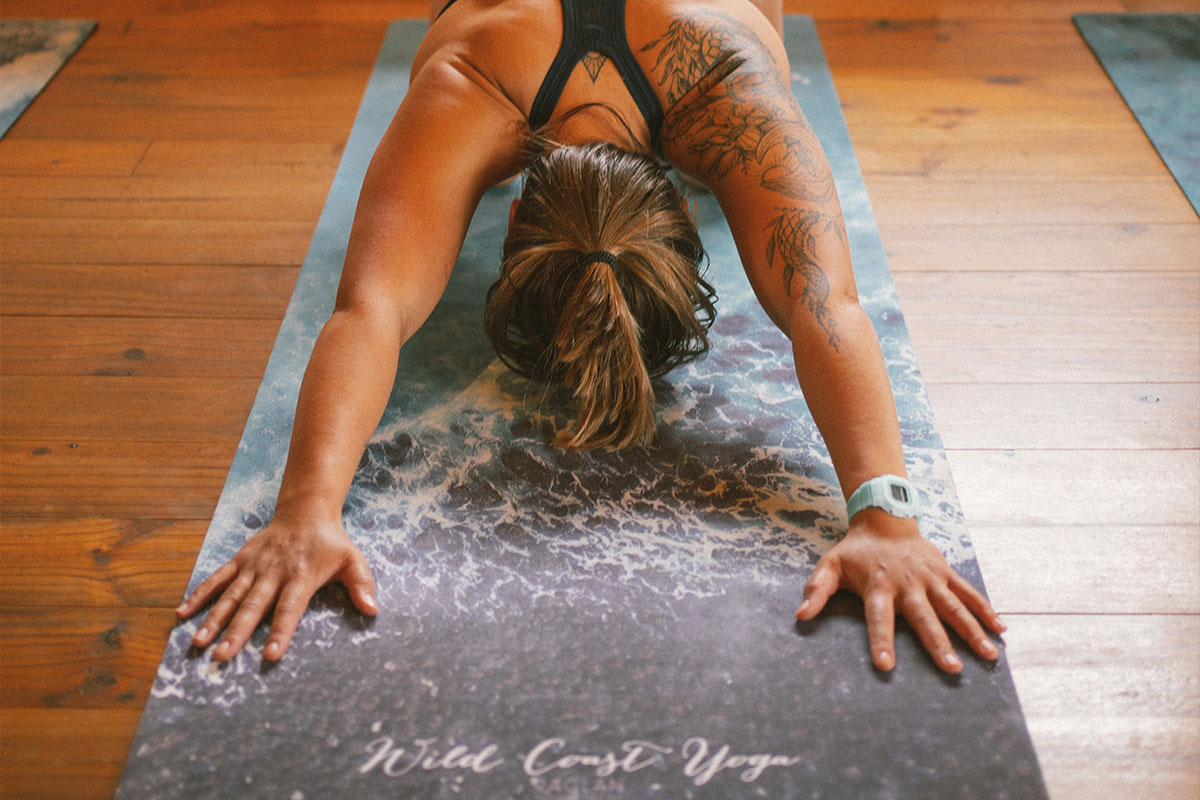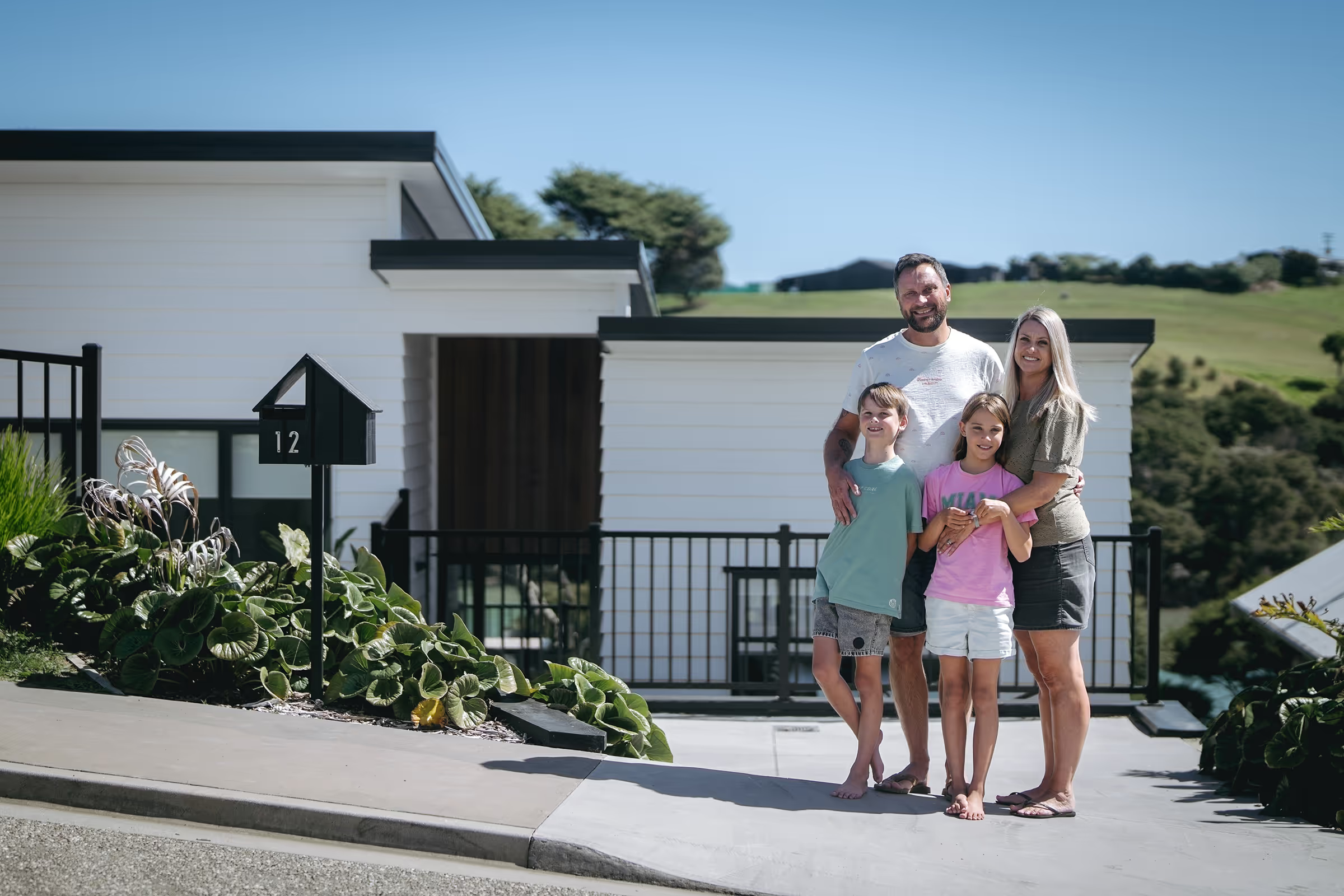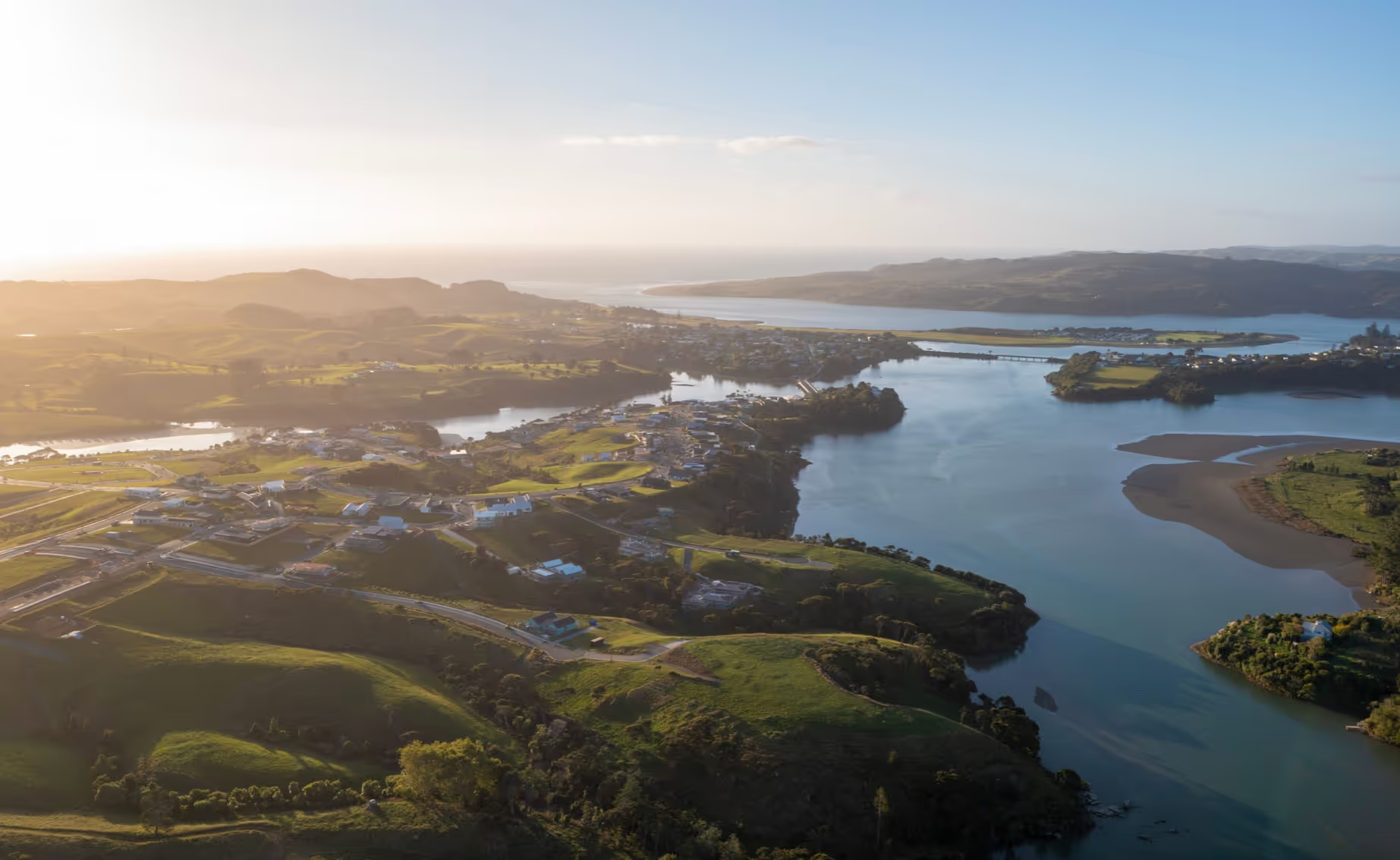Abodo Cladding - A sustainable choice
Timber Cladding is timeless and a favourite material for many kiwis builds. There are various timbers that are on offer to provide different aesthetics. When using a horizontal shiplap cladding, this look gives a more traditional and villa aesthetic, whereas vertical cladding is more contemporary and can also feel quite costal.

Vulcan cladding in Sioo:x Finish.
A relatively new player on the market (21 years old) is Abodo.
Abodo is a New Zealand owned family business that started in 2001 with a vision that is committed to providing timber and cladding that is built to last and that is created in a truly sustainable way. All of the Abodo range is grown and harvested in New Zealand using New Zealand’s FSC® certified rapidly renewable plantation forests. They are ethically crafted with respect from beginning to end – allowing Abodo to meet today’s increasing needs without disadvantaging future generations.
The cladding range has been designed to age gracefully have exceptional weatherability and will maintain its durability and beauty for a lifetime. There is a great range of timber products available, including exterior cladding, decking, screening, plus interior walls and ceiling finishes.

The Abodo exterior range is often used as a cedar alternative as it is locally sourced which makes it a sustainable choice for the eco-conscious homeowner. Adodo’s flagship feature timber is Vulcan cladding which comes in various profiles and finishes and can be provided pre-primed or coated. Vulcan is New Zealand’s first verified carbon-negative feature timber. The thermal modification process and patented vertical grain structure means Vulcan Cladding has enhanced stability, reduced resin content, and is naturally durable so does not require any chemical preservatives.



Vulcan is now also available in a brand new brushed finish, which is perfect for adding a natural, textured effect to your designs. Abodo has also stated that their timber cladding is suitable for coating in darker colours, so you can keep that dark look that is so popular in New Zealand without worrying about the impact that it will have on the materials.


.svg)





































































































.svg)